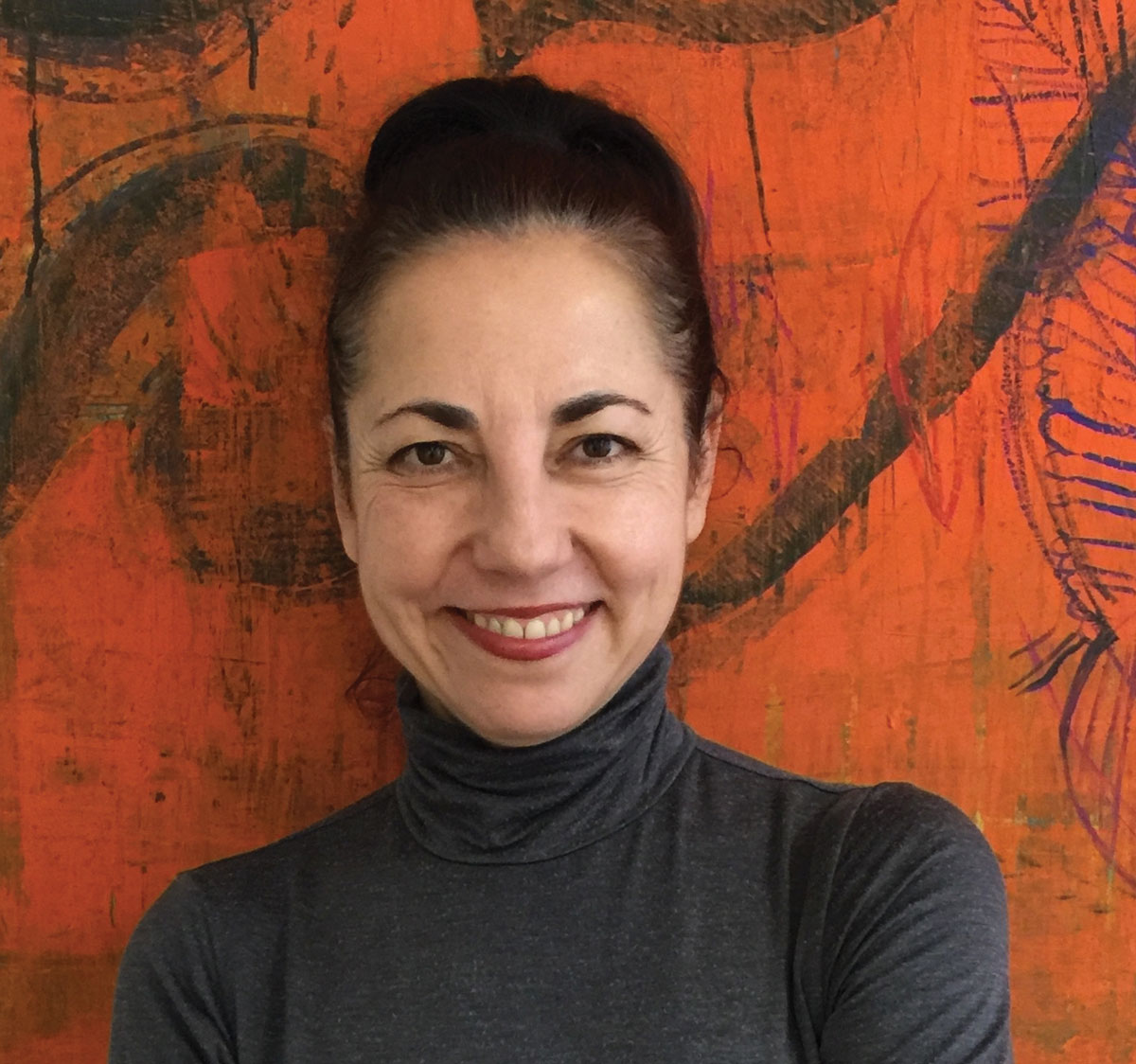
Seeking Refuge
Since 2015, thousands of migrants from the Middle East and Africa have sought refuge and work in Europe. Many of those who survive their harrowing journeys are unable to find employment and end up living on the streets. Appalled by their suffering, Dorit Sallis ’86 set up the Twin Star Project to provide migrants with the support they need to find sustainable employment and become financially independent.
How do you connect with migrants who need help?
We support Afghan refugees in Switzerland, where I live, but most of our migrants are based in Italy. I meet them on the streets of big Italian cities where they’re usually begging.
I tell them about the program and give them my number. Not all of them call me. We start building relationships with those who reach out and learn about their needs so we can begin supporting them. Our approach is unbureaucratic, fast, and customized to the specific needs of each migrant.
The aim is to alleviate the immediate stresses of poverty so that they can start planning for the next phase — finding a job and being able to support themselves and their families.
My experience has been uniformly positive. These migrants have risked everything to find safety and work in Europe. They’re ordinary people either born in impoverished and corrupt countries where it’s impossible for them to feed their children or else unwitting victims of war.
The Twin Star Project attempts to remedy this by investing in their lives, helping them to achieve financial self-sufficiency and a viable future.
What does the Twin Star Project do?
The first part of Twin Star’s two-vector approach is to get people off the streets and meet their basic living needs. As an NGO, we fund all our work through individual contributions and grants. Twin Star pays for housing, provides a monthly allowance, organizes language and skills training, and helps with other issues such as legal and medical support. We call this the halfway-house phase. In a second phase, we focus on helping them find work. In Italy, this can be challenging because of an insular market that is hard for migrants to penetrate. In such cases, we invest in micro-enterprises set up and run by migrants. This can be a grocery for African foodstuffs and toiletries, a small tailoring shop, or a hairdressing business run out of a migrant’s house.
How is your approach distinctive from other NGOs?
We create opportunities for migrants ready to return to their countries of origin by funding house construction and providing startup capital for micro-enterprises there — for example, a farm where vegetables are cultivated in polytunnels or a small neighborhood grocery.
Many organizations address one piece of the problem rather than taking a holistic approach. Our vision is not just to keep migrants alive, but to create a fundamental change in their lives that solves their economic problems once and for all.
All our migrants experienced trauma from their journey to Europe. The West Africans are loaded into open vans for a perilous desert crossing through the Sahara. When they reach Libya, they’re subject to terrible abuse — arbitrary imprisonment, kidnapping, financial extortion, enslavement, rape, and murder.
Those who survive are packed into inflatable dinghies with some water and a compass for the Mediterranean crossing. At least half the boats capsize. Those who do arrive in “the promised land” of Europe find only more suffering. The COVID-19 pandemic has made this worse.